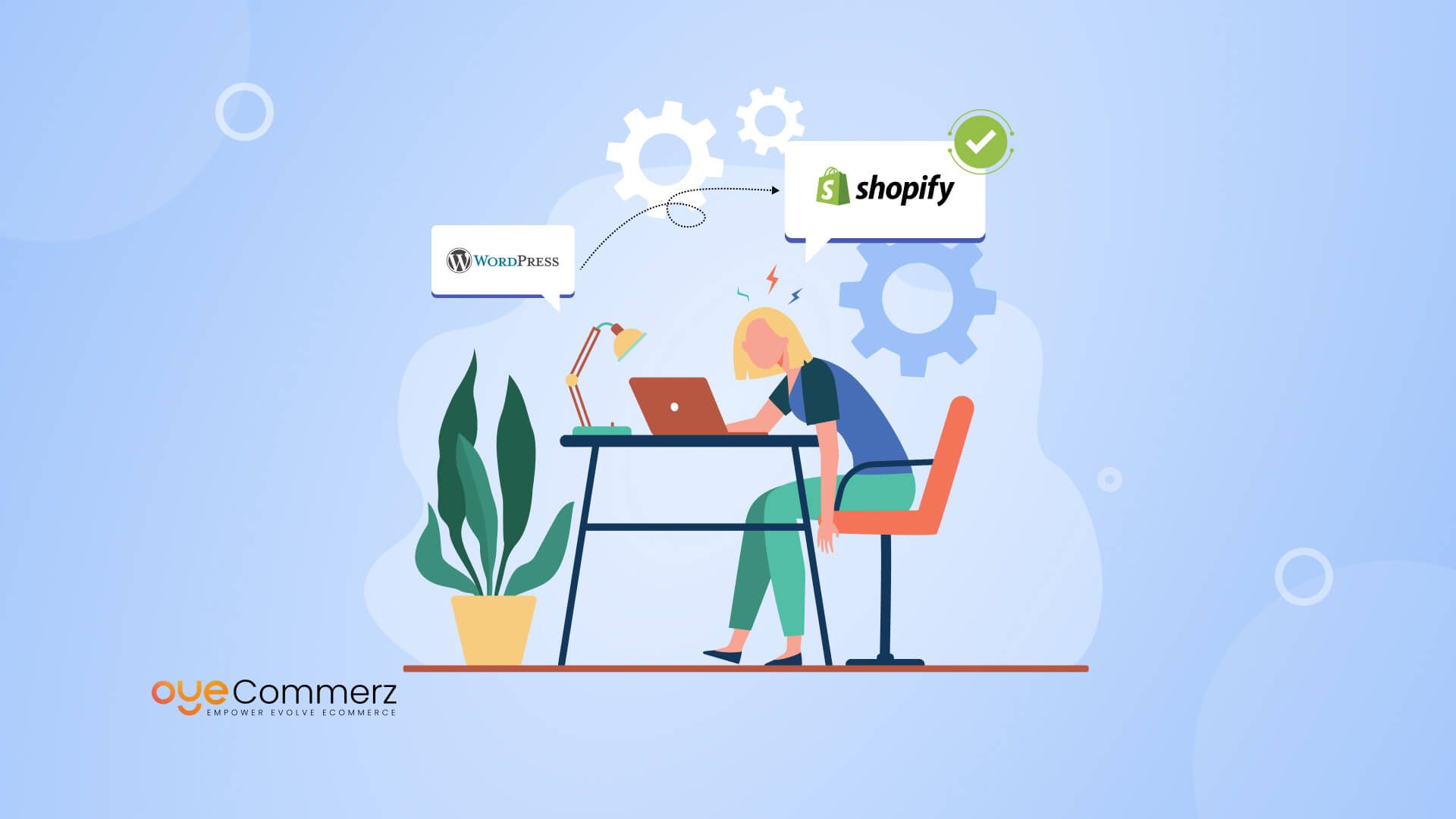In the ever-evolving world of eCommerce, selecting the optimal solution is crucial for your brand’s success. If you’re presently using WP and planning a migration to Shopify, you’re not by yourself. Countless businesses are making this transition to utilize Shopify’s comprehensive features, simplicity, and scalability. This guide will guide you on the steps of migrating from WordPress to this platform seamlessly, guaranteeing that you realize your online retail potential.
Why Transition from WP to this platform?
Ahead of exploring the migration procedure, it’s essential to understand why this transition can be advantageous for your eCommerce business:
User-Friendly Interface: Shopify provides an intuitive system that simplifies store operations, enabling for non-technical users.
Growth Potential: As your company expands, Shopify can support increased traffic and sales without affecting efficiency.
All-in-One Solutions: Shopify comes with integrated resources for SEO, analytics, payment management, and additional functionalities, reducing the requirement for numerous plugins.
Enhanced Security: With Shopify, you benefit from advanced security features that safeguard confidential customer details.
Steps for a Smooth Migration
Migrating your digital shop from WP to Shopify involves several actions.
Here’s how to ensure a smooth transition:
Plan Your Migration Approach
Kick-off by drafting your migration strategy. Identify which aspects of your existing site you plan to move, such as:
Inventory information
Client data
Purchase logs
Articles
Pick the Appropriate Migration Option
Depending on your requirements, opt for a migration service that suits your store. OyeCommerz delivers several options:
Basic Migration Package: Perfect for small stores with fewer products.
Standard Migration Package: Appropriate for growing businesses with moderate needs.
Advanced Plan: Perfect for high-volume stores needing custom customization.
Save Your Data
Ahead of beginning the migration, make sure that you have a complete backup of your WordPress site. This action is crucial in case anything goes off track during the transfer.
Extract Your Information from WP
Use extensions or custom scripts to export key information from your WordPress site:
Inventory
Clients
Sales records
Blog posts
Migrate Data into Shopify
Once you have your data extracted, employ Shopify’s built-in features or specialized apps to migrate your information into your Shopify store. Confirm that all information is properly structured and placed.
Personalize Your Shopify Store
Once uploading data, adjust your Shopify store’s theme to reflect with your business goals. Look into hiring a developer if you require detailed customization.
Establish TransactionOptions and Delivery Settings
Arrange payment gateways and shipping settings in Shopify to facilitate a seamless transaction experience for customers.
Implement Search Engine Optimization Standards
To keep your search engine rankings during the migration:
Use 301 redirects from old URLs to new ones.
Refresh descriptions.
Enhance images and text for search engines.
Review Your Migrated Shop
Ahead of launching, extensively review Shopify content optimization your migrated platform. Identify any broken links, transaction errors, or untransferred content.
Launch Your Store
When everything is in order, it’s the moment to launch! Announce the change to your customers and motivate them to explore the new offerings of your Shopify store.
Post-Migration Guidance
Post launching your new store, ongoing support is essential. Consider engaging service providers who can assist with:
Site maintenance
Promotional campaigns
Performance optimization
Conclusion
Migrating from WP to this platform can be a crucial move for your online retail. By following this guide and leveraging professional services like those offered by OyeCommerz, you can ensure a smooth transition that improves your digital storefront. Embrace Shopify store customization the shift and unlock the advantages of Shopify today!
